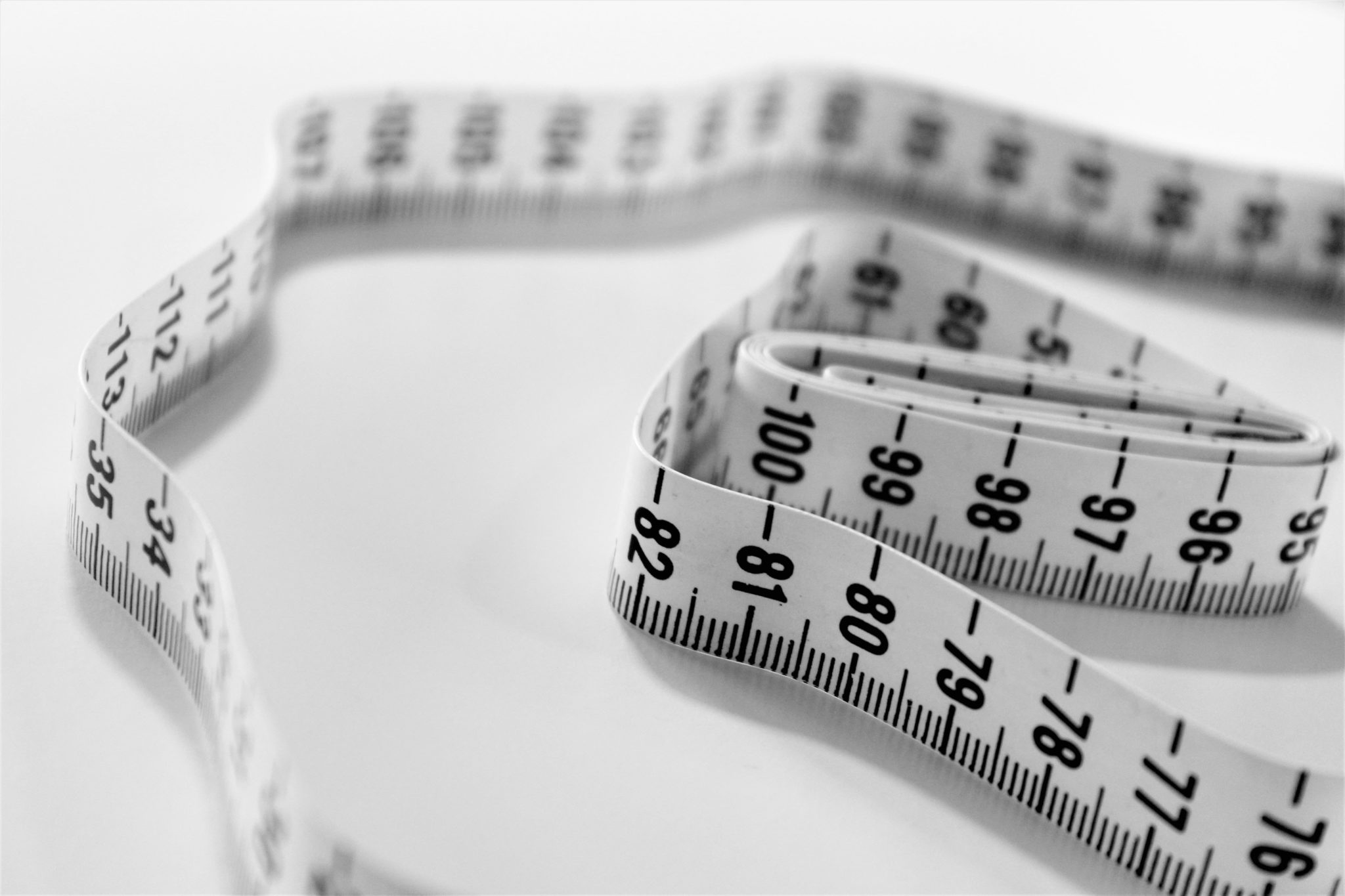How Does Alcohol Affect Weight Loss?
So, you’ve committed to leading a healthier lifestyle and want to lose some weight to achieve your goals. However, like many of us, you’re probably still tempted to go bar hopping with friends occasionally, or join a work happy hour. You may wonder, “will having an occasional drink set me back?”
Drinking can have an effect on weight loss. But, as is often the case, it depends on the amount and the type. Below, we’ll answer some common questions about alcohol and weight loss, and how you can be your healthiest self.
Does Drinking Affect Weight Loss?

The bottom line is, yes, drinking alcohol can affect weight loss.
To begin with, all alcoholic drinks add extra calories into your diet, and studies show that people who drink greater amounts of alcohol do indeed have a higher risk of obesity. This suggests that the more you drink, the harder it will generally be to lose weight.
There may be a difference between heavy and light alcohol consumption. Some studies suggest that light to moderate drinking might actually reduce weight gain among middle-aged to older women. However, more research is needed, and most experts agree that you should cut back on alcohol if you want to lose weight.
How Does Drinking Alcohol Affect Weight Loss?
Drinking alcohol can make weight loss more difficult for a number of reasons, including:
- Adding unnecessary calories into your diet.
- Disrupting your body’s ability to burn fat—your metabolic system prioritizes burning and eliminating alcohol over fat when you drink.
- Throwing your hormones out of balance—including decreasing appetite suppressing hormones, increasing stress hormones, and causing your blood sugar to drop. All of these can increase your appetite and cause you to eat more.
- Lowering your inhibitions, which may challenge your portion control.
- Increasing the chance that you’ll skip exercise due to poor sleep and waking up hungover.
Can You Drink Liquor and Still Lose Weight?
Perhaps you have a health-conscious friend who only orders vodka sodas at the bar. You may wonder, “does replacing beer and wine with liquor really help?”
While drinking liquor won’t help you lose weight per se, it is true that a shot of spirits generally contains fewer calories than a glass of beer or wine. But beware: when combined with mixers, the exact opposite can be the case.
Experts recommend that people trying to lose weight shed about one to two pounds per week—equal to 3,500-7,000 calories per week, or 500-1,000 calories per day. Before drinking, consider a beverage’s true serving size, and how many calories that drink will add to your daily and weekly intake. Here are some approximate calorie counts for standard drink sizes:
- Regular beer: ~150 calories
- Shot of gin, rum, whiskey, vodka, or tequila: ~ 100 calories
- Glass of wine: ~125 calories
- Glass of champagne: ~ 85 calories
- Martini: ~ 125 calories
- Margarita: ~ 170 calories
- Pina Colada: ~ a whopping 490 calories
Ultimately, when drinking, consider the calories in alcohol the way you would any other food source. If the calories exceed your limits, or replace a healthier food source, consider cutting back or skipping the drink.
Does Alcohol Make You Lose Weight?

One study found that moderate alcohol consumption decreased weight gain in middle-aged and elderly women. The reasons are not fully understood, but it was noted that the women reduced calories from other sources when they drank.
On the other hand, alcohol addiction can also lead to weight loss, but not in a positive way:
- Heavy alcohol consumption can suppress appetite, while binge drinking can also lead to vomiting.
- Due to loss of zinc through excessive urination, a person’s sense of taste and smell can be dulled, also suppressing appetite.
- Those with severe alcohol use disorder can become malnourished, due to getting most of their calories from alcoholic beverages. Alcohol lacks nutritional benefits, and blocks the absorption of nutrients from food.
Is There a Healthy Way To Drink Alcohol and Lose Weight?
You don’t have to quit drinking alcohol entirely to kiss that beer or wine belly goodbye. Like other empty-calorie temptations, it’s possible to enjoy alcohol sparingly and in moderation, without sacrificing your long-term weight loss goals.
However, if you are having trouble controlling your alcohol intake, and it’s preventing you from losing weight, there are new solutions. Ria Health offers comprehensive support to reduce or quit drinking, all from an app on your smartphone. Choose moderation or abstinence. Set your own goals, and get a plan customized to your unique needs.
Find out how it works, or speak with a member of our team today.
Will insurance cover treatment? Verify Coverage
Have Questions? Call (800) 504-5360



